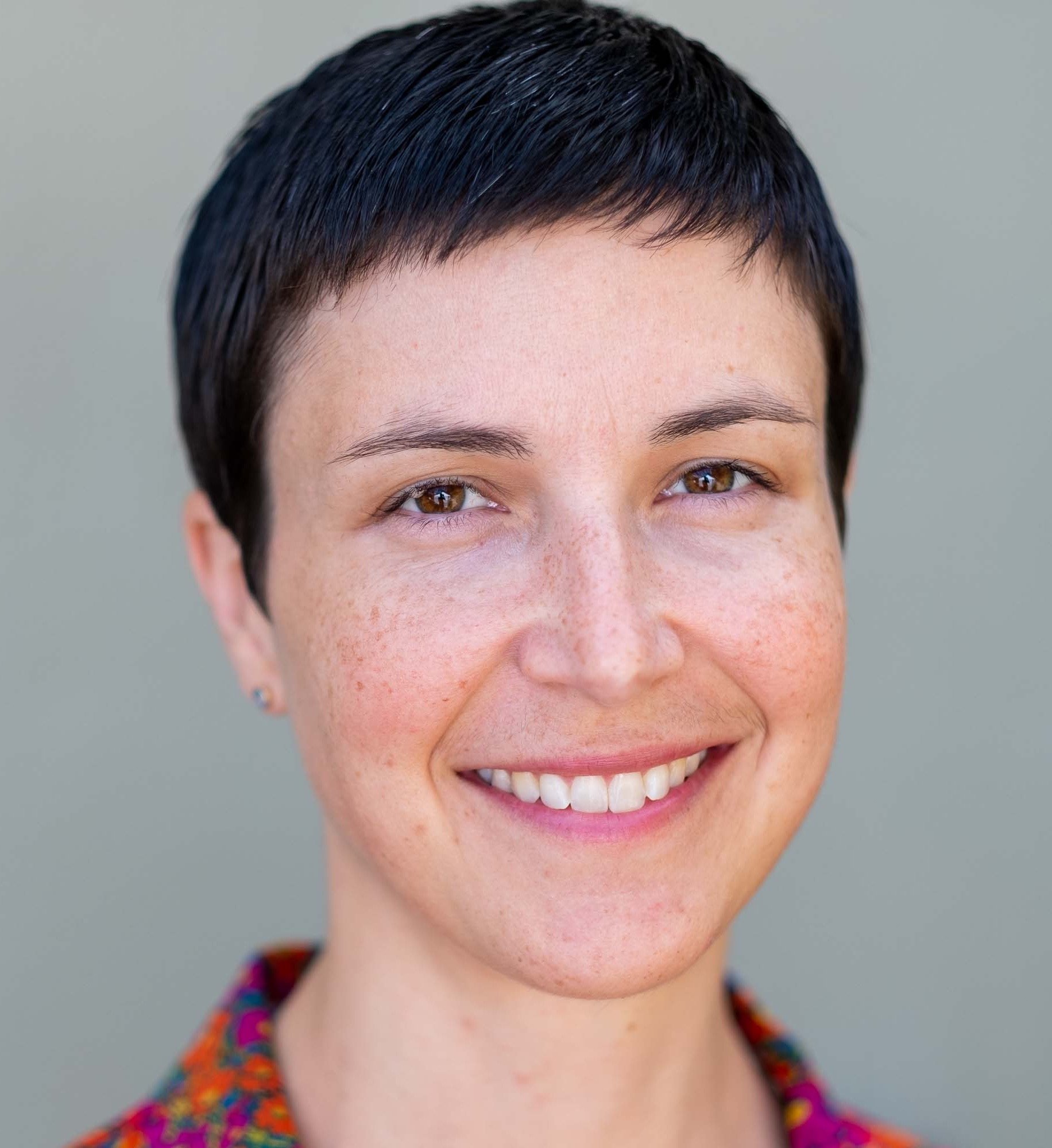
Accelerating Alignment Workshop
Training early-stage cofounders to
turn conflicts into catalysts for innovation
What is a cofounder’s most important skill?
Our answer: Being able to make strong decisions with relative speed and ease.
Teams of cofounders are funded more often than individual founders in part because venture partners believe what most of us have experienced: that two (or three) minds are better than one.
Better at solving problems creatively, better at motivating each other through tough problems, better at challenging assumptions, better at creating products for a wider range of users.
But there is a common downside to multi-cofounder teams: disagreement.
In fact, 65% of startups fail due to founder conflict, according to Noam Wasserman, author of The Founder's Dilemmas.
In our conversations with founders
Here’s what we consistently hear about the cost of disagreements
They’re time consuming
We spend too much time trying to get aligned, there’s not much time left to act on the decisions and actually build our company
They’re expensive
When we can’t get aligned quickly we spend more money on things like bad hires or missed sales opportunities
They’re frustrating
We have the same disagreement over and over and aren’t sure how to break the cycle
They’re confusing
It’s hard for our team to build momentum when they get conflicting messages from us
They’re exhausting
At the end of the conversation, I never want to talk about the topic again
They’re damaging
I leave the conversations feeling upset and sometimes I wonder if we should even keep working together
And here’s our radical idea
It’s not cofounder disagreement that leads to failure…
It’s cofounders who haven’t learned how to disagree effectively who increase the risk of failure.
Getting from disagreement to alignment quickly and respectfully is a skill that you can learn, like any other, through training and practice.
And when you have that skill, you can not only decrease conflict, but take advantage of it as a catalyst for innovation and growth.
What’s possible when cofounders can change conflicts into catalysts?
🧠 Better decisions faster
💆 Less isolation and burnout for cofounders
🏃 Less stress and more momentum for your team
💡 Uncovering unconventional solutions
🤝 The satisfaction of collaborating with someone you truly trust
⚡️ Making time for disagreements as opportunities to learn, rather than avoiding them
🪢 Preserving your personal relationship regardless of what happens with the company
💪🏼 Cultivating psychological safety, growth mindset, and a willingness to take bigger risks
Want to learn how? Join us:
Accelerating Alignment Workshop
Training early-stage cofounders to turn conflicts into catalysts for innovation
Dates: November 1, 2, 8, 9, 15, or 16*
Time: 4 hours*
Location: Online (Zoom)
Price: $950 per founder pair
*Specific date and time depending on participant availability
📝 If you’re interested, please fill out this 2-minute survey
Or schedule a quick call with Miki to talk more
Key tools and frameworks you’ll learn in this workshop
🫙 Creating a conversation container
📈 Locating yourself on The Line
👑 Finding superpowers in Kryptonite
🗣️ Sharing the needs beneath strategies
🥐 Following emotional breadcrumbs
🌊 Noticing and recovering from flooding
⚖️ Integrating The Gottman Ratio at work
🗒️ Designing a weekly debrief structure
What this workshop is
A skills-based workshop where cofounder teams practice skills in real-time
A highly facilitated experience with clear boundaries and expectations
Space to reflect on deeper patterns driving your conflict
An opportunity to learn from and connect with other founders
What this workshop is not
Opening a Pandora’s box of feelings that distracts from important work
Yet another experience of an exhausting fight that goes nowhere
A complaining session without clear next steps
Couples therapy for founders who are in true crisis
Meet your Facilitators
We have extensive expertise training and coaching cofounders and are excited to be collaborating to provide a thoughtful, engaging workshop experience around this important skillset.
-
The first company I founded with another person was a startup with my now-husband — at the time we’d been dating for all of three months. We also had a third cofounder and were conscious of not wanting him to regret agreeing to work with a couple. So we developed something we called “Fast Fights,” getting to the heart of a disagreement as fast as possible so we wouldn’t bring any weird relationship energy into the office. Some days we would literally stand on the sidewalk outside our coworking space, insisting we find a resolution before we went inside.
Although we closed that company after a year (and got engaged), this tool for reaching alignment quickly, along with others like conversation containers and weekly debriefs, became foundational elements of the culture we built at our second company, where we grew to a team of 20 over 8 years and worked with 100+ venture-backed startups. I’m now a coach who hears about the challenges facing founders and leaders daily, I’m excited to share the most successful of these practices (plus more from Mo), to help supercharge the impact of today’s visionary founders.
-
Hi, folks call me "Mo." I'm a leadership coach and interpersonal dynamics facilitator. I often work with tech founders and leaders, including founding teams, on increasing interpersonal attunement and strengthening interpersonal relationships and communication.
I hold two engineering degrees from Stanford and have worked for both large tech companies and start ups, such as Google and Palantir. Before becoming a coach, I was a curriculum designer at Stanford’s d.school where I learned to craft intentional and effective learning experiences around creative risk-taking and teamwork. I’m also currently a facilitator for Stanford GSB’s Interpersonal Dynamics course where I hold space for business school students to explore their interpersonal influence. Finally, I’m a Meisner-trained actor. The combination of these experiences allow me to create an effective learning container for various types of people, cross-pollinating ideas from different practices and schools of thought.


